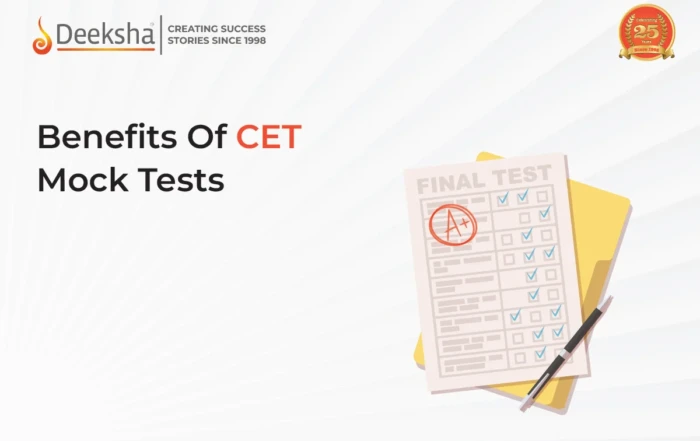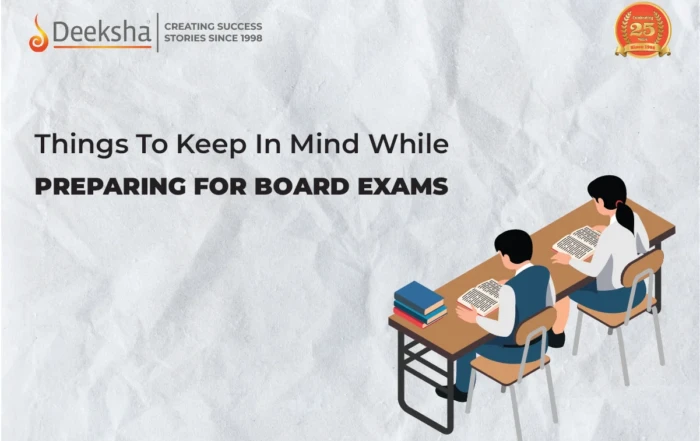As the new academic year begins, the updated JEE Main 2025 syllabus for all subjects, available as free downloadable PDFs. Staying up-to-date with these changes helps students focus on the right topics for their preparation. The JEE Main syllabus is divided into three sections: Mathematics, Physics, and Chemistry. By understanding the syllabus, students can avoid unnecessary topics and concentrate on the most important ones to achieve success. Download the subject-wise PDFs and stay ahead in your JEE Main 2025 preparation.
JEE Main Syllabus 2025: What’s New and What Remains Unchanged?
The National Testing Agency (NTA) has released the JEE Main syllabus for 2025, featuring some updates and revisions. This new syllabus is based on the latest NCERT textbooks for Classes 11 and 12.
New Updates
Here are the changes in the syllabus and weightage for Paper 1 (B.E./B.Tech) and Paper 2 (B.Arch/B.Plan):
| Paper | Syllabus Reduction | Mathematics Weightage | Physics Weightage | Chemistry Weightage | Drawing Weightage |
| Paper 1 | 25% Reduction | 35% (Increased) | 22.5% (Reduced) | 22.5% (Reduced) | NA |
| Paper 2 | 15% Reduction | 35% (Reduced) | NA | NA | 20% (Increased) |
Revised Syllabus:
Here are some major changes in the revised JEE Main syllabus:
Physics
- Capacitors and Capacitance
- Communication Devices
- Some topics removed from Experimental Skills
Chemistry
- Physical quantities and their measurements in Chemistry, precision, and accuracy, significant figures
- States of Matter
- Thomson and Rutherford’s atomic models and their limitations
- Surface Chemistry
- s-Block Elements
- General Principles and Processes of Isolation of Metals
- Hydrogen
- Environmental Chemistry
- Polymers
- Chemistry in Everyday Life
Mathematics
- Mathematical Induction
- Mathematical Reasoning
- Some topics removed from Three Dimensional Geometry
Additional Changes:
Physics:
- The chapters on “Electromagnetic Induction and Alternating Currents” and “Optics” have been combined into a single chapter.
Chemistry:
- The chapter on “P Block Elements” is now divided into two chapters: “Group 13 to Group 17 Elements” and “Group 18 Elements”.
- The chapters on “Coordination Compounds” and “Environmental Chemistry” have been merged into a single chapter.
Mathematics:
- The chapter on “Sets, Relations and Functions” is now divided into two chapters: “Sets and Relations” and “Functions”.
- The chapters on “Vectors and Three-Dimensional Geometry” and “Linear Programming” have been combined into a single chapter.
PHYSICS
| SECTION-A: THEORY | |
| 80% WEIGHTAGE | |
| Physics & Measurement | Oscillations and Waves |
| Kinematics | Electrostatics |
| Laws of Motion | Current Electricity |
| Work, Energy, & Power | Magnetic Effects of Current and Magnetism |
| Rotational Motion | Electromagnetic Induction and Alternating Currents |
| Gravitation | Electromagnetic Waves |
| Properties of Solids and Liquids | Optics |
| Thermo Dynamics | Dual Nature of Matter and Radiation |
| Kinetic Theory of Gases | Atoms and Nuclei |
| Oscillations and Waves | Electronic Devices |
| SECTION-B: PRACTICAL | |
| 20% WEIGHTAGE | |
| Experimental Skills | |
CHEMISTRY
| SECTION-A: PHYSICAL CHEMISTRY | |
| 35.6% WEIGHTAGE | |
| Some Basic Concepts of Chemistry | Solutions |
| Atomic Structure | Equilibrium |
| Chemical Bonding and Molecular Structure | Redox Reactions and Electrochemistry |
| Chemical Thermodynamics | Chemical Kinetics |
| SECTION-B: INORGANIC CHEMISTRY | |
| 29.7% WEIGHTAGE | |
| Classification of Elements and Periodicity in Properties | D and F Block Elements |
| P Block Elements | Coordination Compounds |
| SECTION-C: ORGANIC CHEMISTRY | |
| 34.7% WEIGHTAGE | |
| Purification and Characterisation of Organic Compounds | Organic Compounds Containing Oxygen |
| Some Basic Principles of Organic Chemistry | Organic Compounds Containing Nitrogen |
| Hydrocarbons | Biomolecules |
| Organic Compounds Containing Halogens | Principles Related to Practical Chemistry |
MATHEMATICS
| MATHEMATICS | |
| Sets, Relations, and Functions | Integral Calculus |
| Complex Numbers and Quadratic Equations | Differential Equations |
| Matrices and Determinants | Coordinate Geometry |
| Permutations and Combinations | 3D Geometry |
| Binomial Theorem and its Simple Applications | Vector Algebra |
| Sequence and Series | Statistics and Probability |
| Limit, Continuity and Differentiability | Trigonometry |
FAQs
Yes, there are changes in weightage, with some subjects seeing an increase or decrease in specific areas to balance the syllabus.
Staying updated helps students focus on relevant topics, streamline their preparation, and avoid wasting time on outdated material.
Topics such as certain experimental skills in Physics, some parts of Three Dimensional Geometry in Mathematics, and specific chapters in Chemistry have been removed or merged.
The JEE Main 2025 syllabus includes new updates like the reduction in certain topics, merging and splitting of chapters, and changes in weightage across subjects.










Get Social